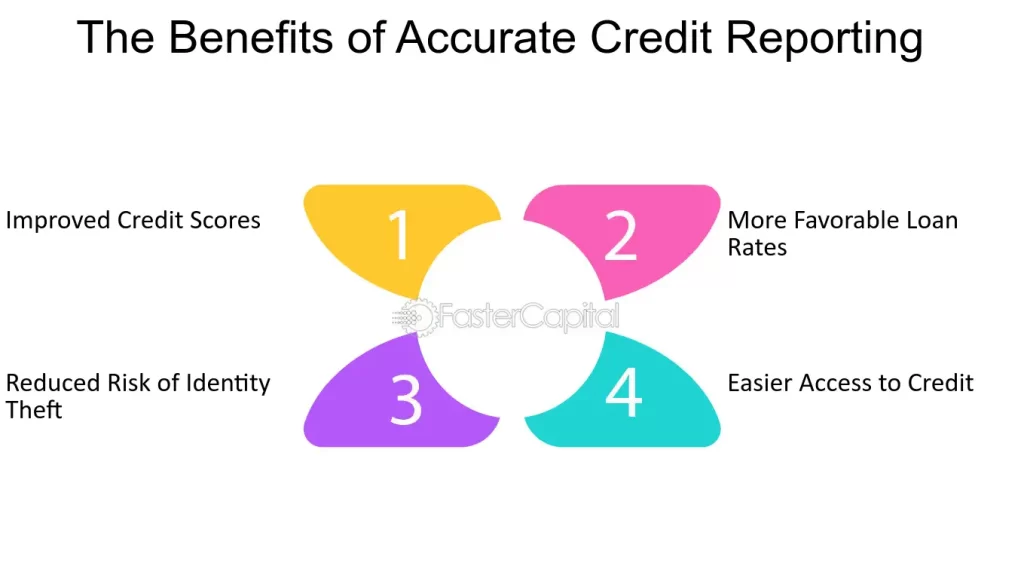AUTHOR : SOFI PARK
DATE : 23/12/2023
Introduction
In the dynamic landscape of financial transactions in India payment providers are increasingly recognizing the value of credit reports. These reports, compiled by credit reporting agencies, provide crucial insights into the financial history and creditworthiness of individuals and businesses This article delves into the intricate relationship between payment providers and credit reports, shedding light on the significance, challenges, and future trends in this evolving domain.
Understanding Credit Reports
Credit reports are comprehensive documents that encapsulate an individual’s or a company’s credit history. They contain information about credit accounts payment history, outstanding debts, and other financial details. Compiled by credit reporting agencies, these reports serve as a reliable source for assessing the creditworthiness of entities involved in financial transactions.
Role of Payment Providers

In the vast landscape of financial transactions, Payment service provider[1] play a pivotal role in facilitating seamless and secure transactions. Whether it’s online purchases, fund transfers, or digital wallet transactions, payment providers ensure the smooth flow of money in the digital realm. The reliability of these transactions is closely linked to the creditworthiness of the entities involved.
Credit Reporting Agencies in India
India boasts several credit reporting agencies[2] each playing a crucial role in providing credit information. These agencies gather data from various financial institutions, lenders, and credit card companies to create comprehensive credit reports. Examples include CIBIL, Experian, Equifax, and CRIF High Mark.
Significance for Payment Providers
For payment providers, access to accurate and up-to-date credit reports is paramount. These reports aid in risk assessment, fraud prevention, and decision-making. By evaluating the creditworthiness of users, payment providers can make informed choices, mitigating potential risks and ensuring the security of financial transactions.
Regulatory Landscape
The Credit Market[3] in India operates within a robust regulatory framework. The Reserve Bank of India (RBI) and other regulatory bodies have set guidelines to ensure the fair and responsible use of credit information. Payment providers must adhere to these regulations to maintain compliance and foster trust among users.
Challenges Faced by Payment Providers
While the Credit Report Important[4] for payment providers are evident, there are challenges in accessing this information. Limited data availability, discrepancies in reporting, and delays in obtaining reports can pose hurdles. Payment providers must devise strategies to overcome these challenges and streamline their operations.

Benefits of Accessing Credit Reports
Accessing credit reports is not just a regulatory requirement; it is a strategic move for payment providers. These reports offer insights into a user’s financial behavior, helping providers make informed decisions. From assessing credit limits to preventing fraudulent activities, credit reports enhance the overall efficiency of payment operations[5].
Future Trends
As technology continues to evolve, so does the landscape of credit reporting. Machine learning, artificial intelligence, and advanced analytics are shaping the future of credit assessment. Payment providers need to stay abreast of these trends to leverage the latest tools and technologies for enhanced risk management and operational efficiency.
Tips for Effective Utilization
To maximize the value of credit reports, payment providers should adopt best practices. This includes regular monitoring of credit information, timely updates of user profiles, and collaboration with credit reporting agencies for tailored solutions. By following these tips, providers can ensure the optimal use of credit reports in their operations.
Educating Consumers
Consumer awareness is key to fostering a healthy credit ecosystem. Payment providers can play a role in educating users about the importance of credit reports and how their financial behavior influences credit assessments. An informed consumer base contributes to a more responsible and transparent credit environment.

Balancing Act: Privacy vs. Utility
As the use of credit reports expands, concerns about privacy have come to the forefront. Striking a balance between utilizing credit information for utility and respecting individual privacy is crucial. Payment providers must implement robust privacy measures to build trust among users while harnessing the utility of credit reports.
Collaboration Opportunities
The synergy between payment providers and credit reporting agencies opens up collaboration opportunities. By working together, these entities can enhance the accuracy of credit information, streamline processes, and create a more secure financial ecosystem. Mutual collaboration can lead to shared benefits and improved services for users.
Conclusion
the intersection of payment providers and credit reports is a critical aspect of the evolving financial landscape in India. As technology continues to advance and regulations evolve, payment providers must navigate the complexities of accessing and utilizing credit information. By doing so, they not only ensure compliance but also enhance their risk management capabilities and contribute to a more robust and secure financial ecosystem.
FAQs
- Q: How often should payment providers check credit reports?
- A: Payment providers should regularly monitor credit reports, especially before significant transactions, to ensure up-to-date information.
- Q: Are there alternatives to traditional credit reports for payment providers?
- A: Yes, some providers use alternative data sources and advanced analytics for credit assessments.
- Q: How do credit reports benefit users of payment services?
- A: Users benefit from increased security, reduced fraud risk, and potentially better terms based on their credit history.
- Q: What role does technology play in the future of credit reporting for payment providers?
- A: Technology, including AI and machine learning, will play a crucial role in enhancing the efficiency and accuracy of credit assessments.
- Q: How can payment providers ensure data privacy while using credit reports?
- A: Implementing robust data protection measures, encryption, and compliance with privacy regulations are essential for safeguarding user data.

